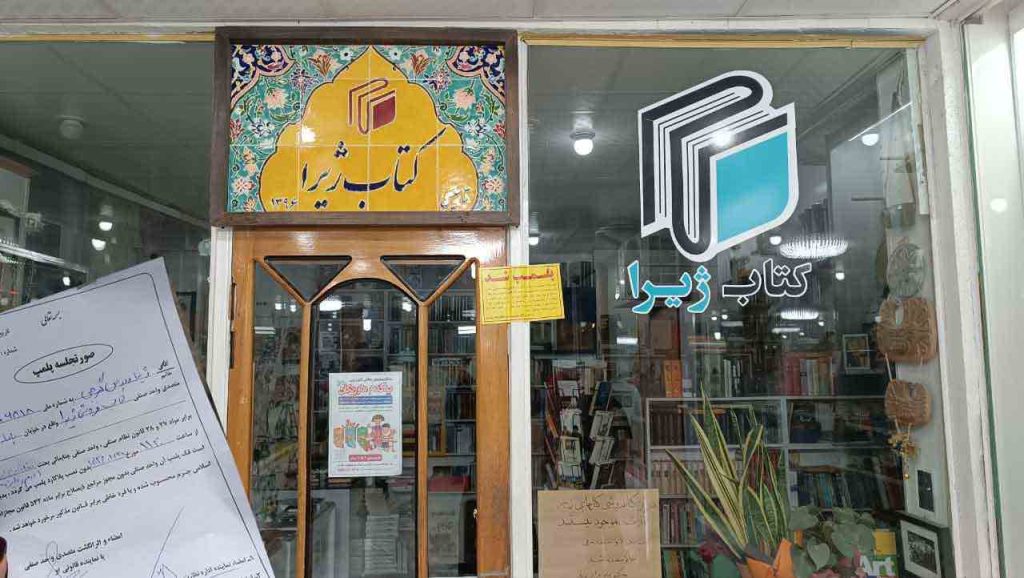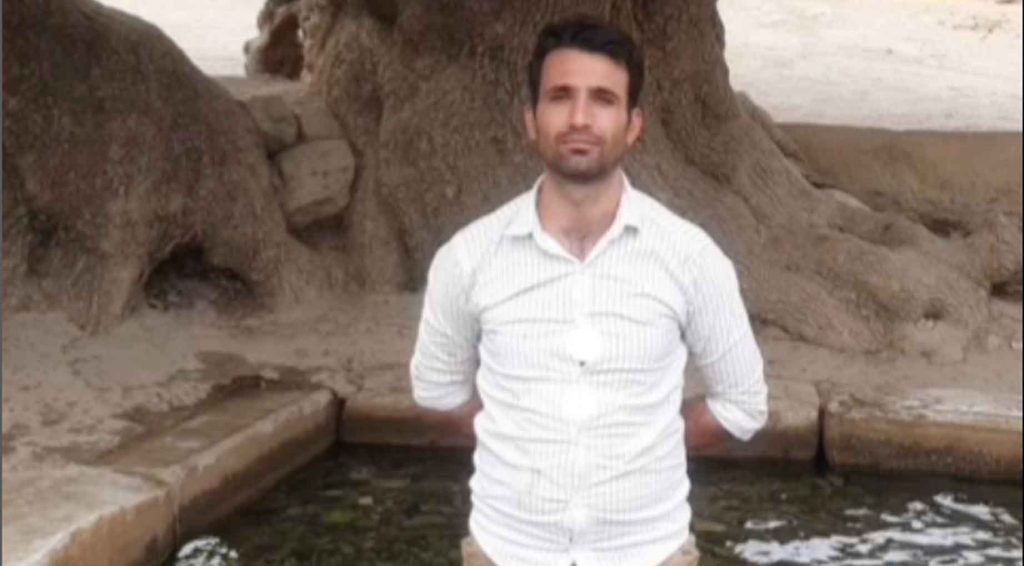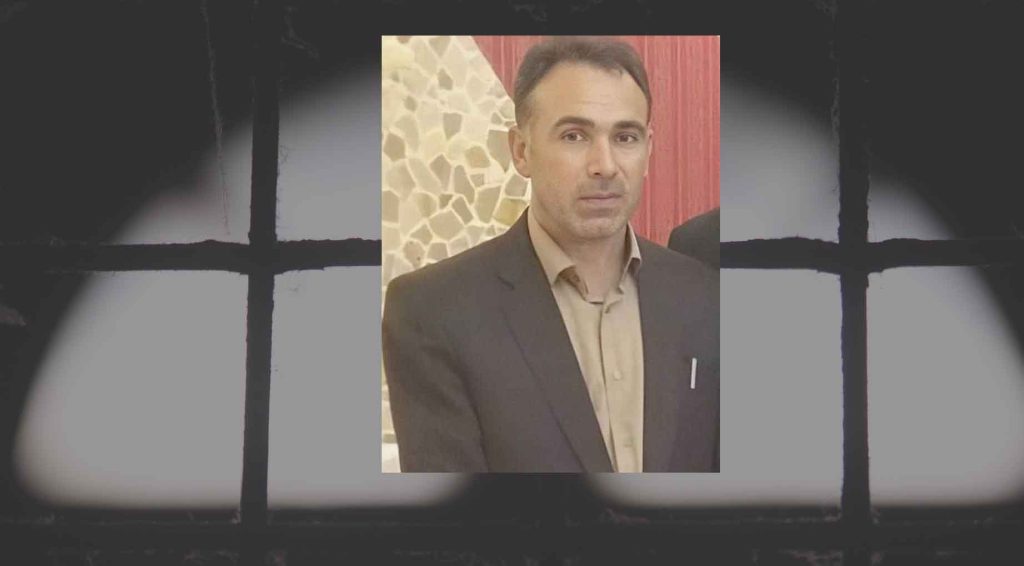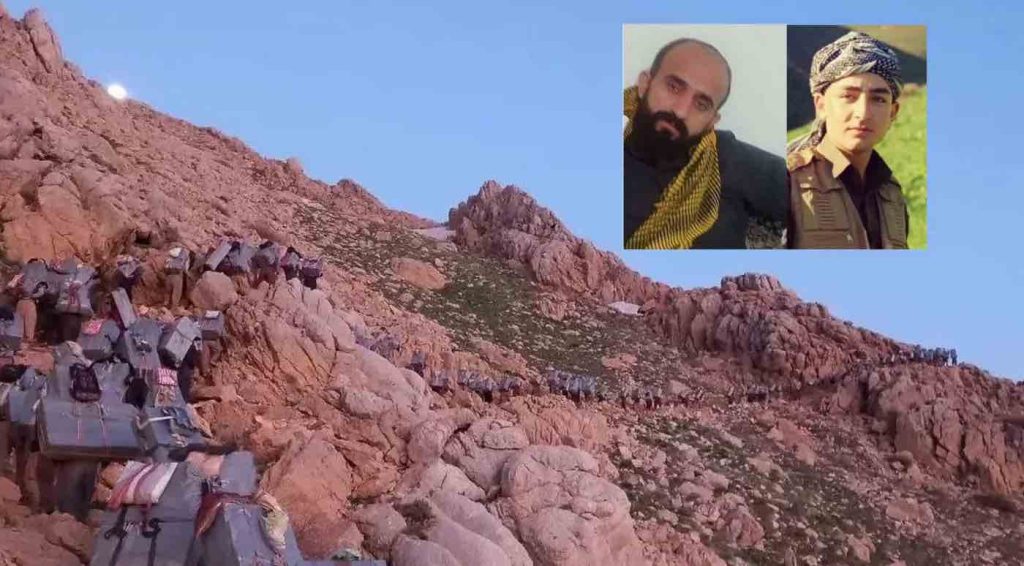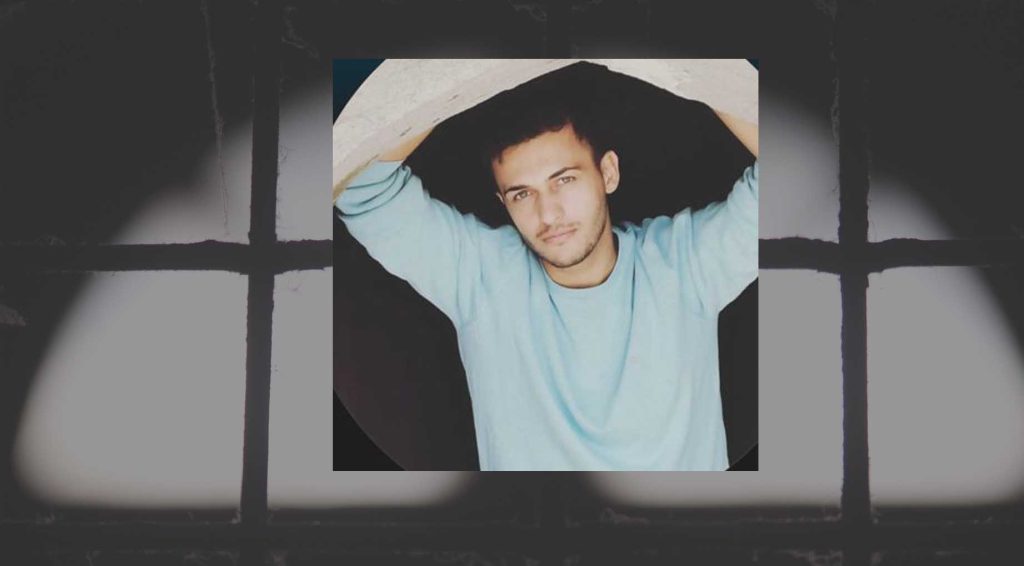Saman Yasin, a Kurdish artist sentenced to death, attempted to commit suicide by taking pills on the evening of 20 December due to the harsh detention conditions in Hall 31 of Ward 10 of Rajai Shahr Prison in Karaj, northern Iran.
While Yasin was unconscious, he was taken to the prison infirmary to have his stomach washed, and be injected with the serum.
Although he was still semi-conscious after receiving initial treatment, the singer was first taken to the prison suite and after regaining consciousness he was moved to the political ward in Hall 10 of Ward 4 of the prison.
A source close to the family of the political prisoner spoke to the Kurdistan Human Rights Network (KHRN) and said: “Three weeks ago, Saman Yasin was suddenly transferred from Evin Prison [in Tehran] to Rajai Shahr Prison along with several other prisoners sentenced to death. He is being held in very difficult conditions following the execution of Mohsen Shekari’s death sentence. He attempted to commit suicide in protest against these difficult conditions, as well as the pressures on him and the imminent risk of the execution of his death sentence.”
Iranian security forces arrested Yasin on 2 October, using extreme violence during public protests in Tehran.
After his arrest, the singer was taken to the Prosecutor’s Security Office located in Evin Prison and then transferred to Fashafouyeh Prison [also known as The Greater Tehran Central Penitentiary] and Evin Prisons.
On 29 November, he was suddenly transferred to Rajai Shahr Prison in Karaj after his death sentence was issued.
On 29 October, the Islamic Republic of Iran’s state news agencies reported that a court hearing had been held for several arrested protesters, including Saman Yasin.
On the same day, a video of the singer’s forced confessions was released by the state media.
The media said that the Kurdish artist had been charged with “enmity against God” (moharebeh) and “assembly and collusion with the intention of acting against the security of the country”.
The death sentence of the political prisoner was issued by Branch 15 of the Islamic Revolutionary Court of Tehran, presided over by Judge Salavati.
He was denied the right to have an appointed lawyer during his detention period and during the court session.
Also, the efforts of lawyers hired by the family to meet with their son and obtain a power of attorney have been unsuccessful under the pretext of “security reasons”.
Since his arrest, Yasin has been subjected to severe physical and mental tortures, including being kept in solitary confinement, being kept in a morgue, being severely abused and thrown from a height, and being forced to make confessions under the pressure of security interrogators.


